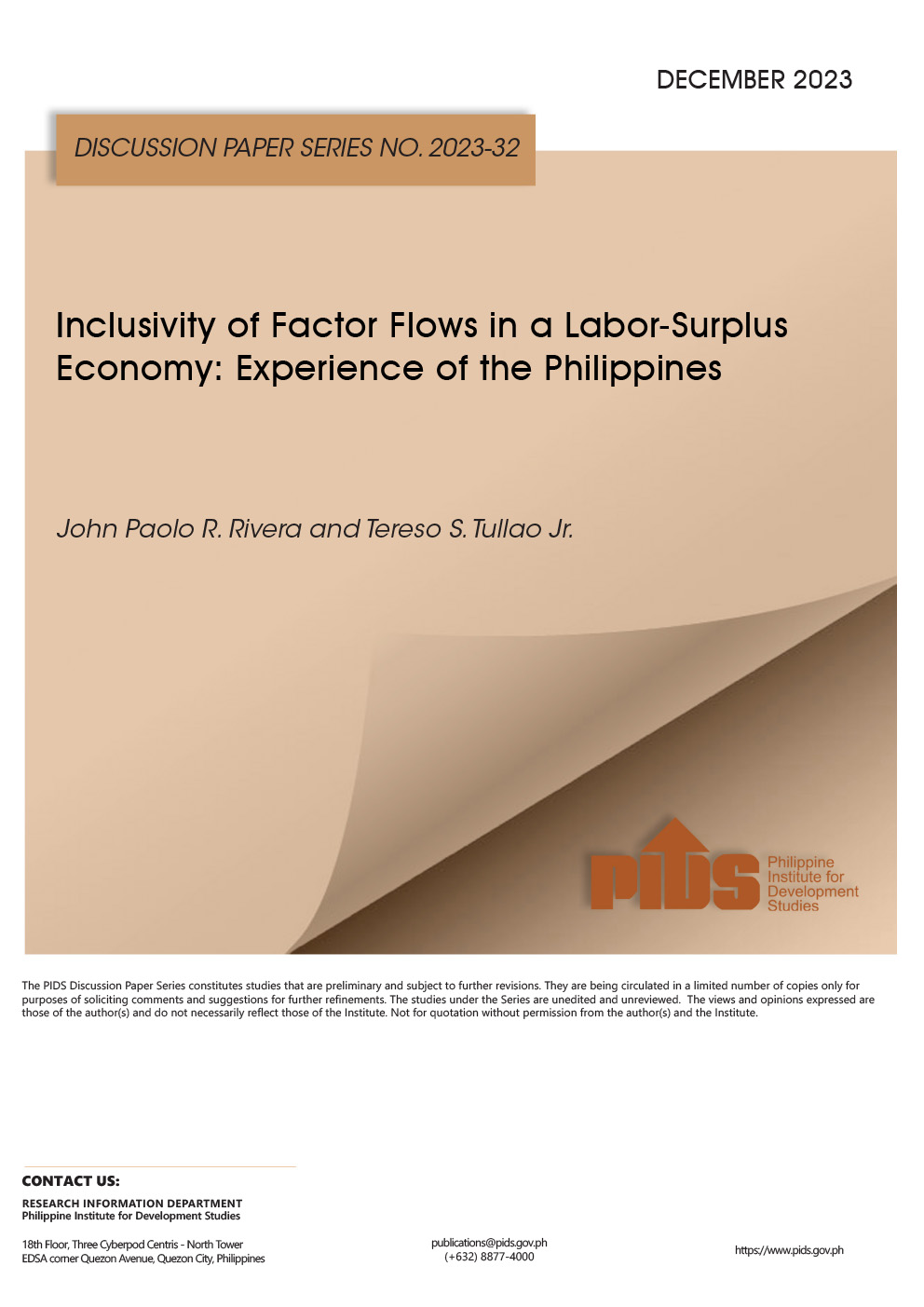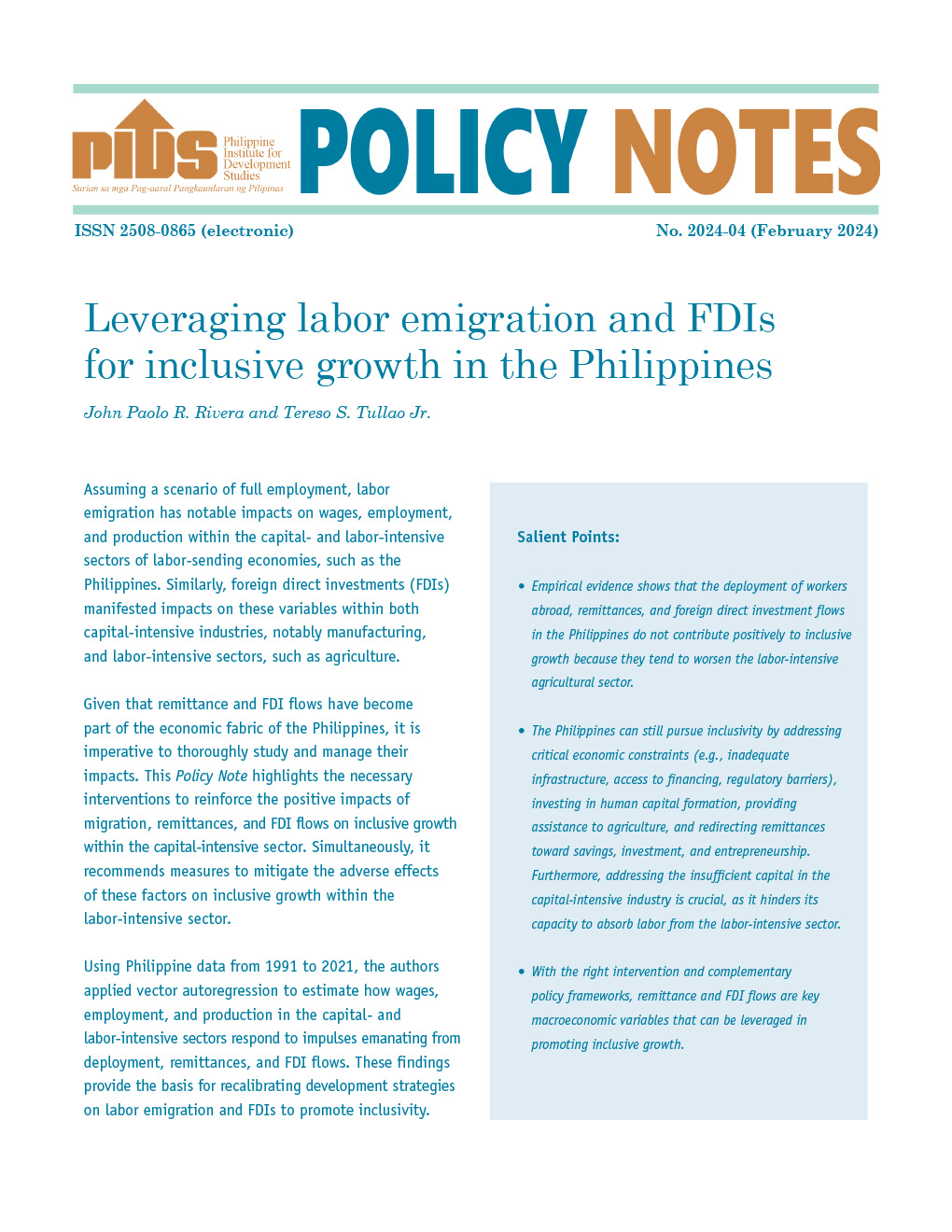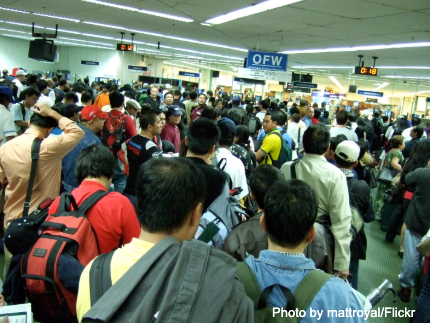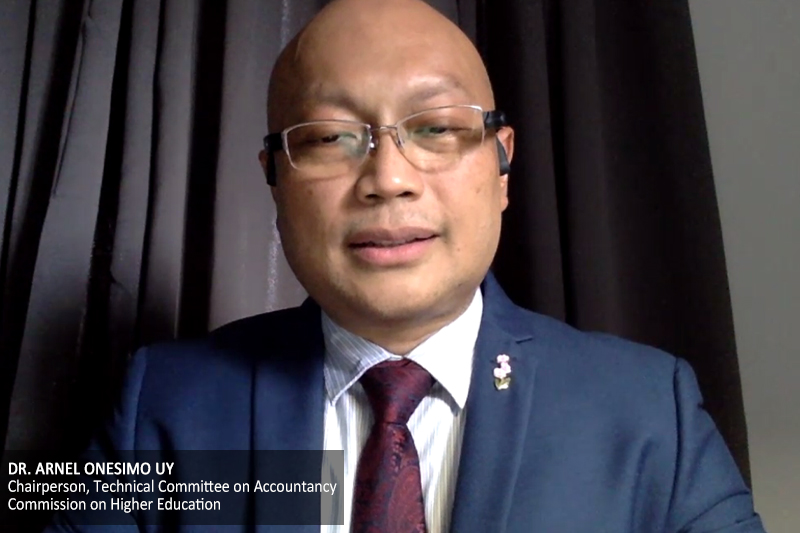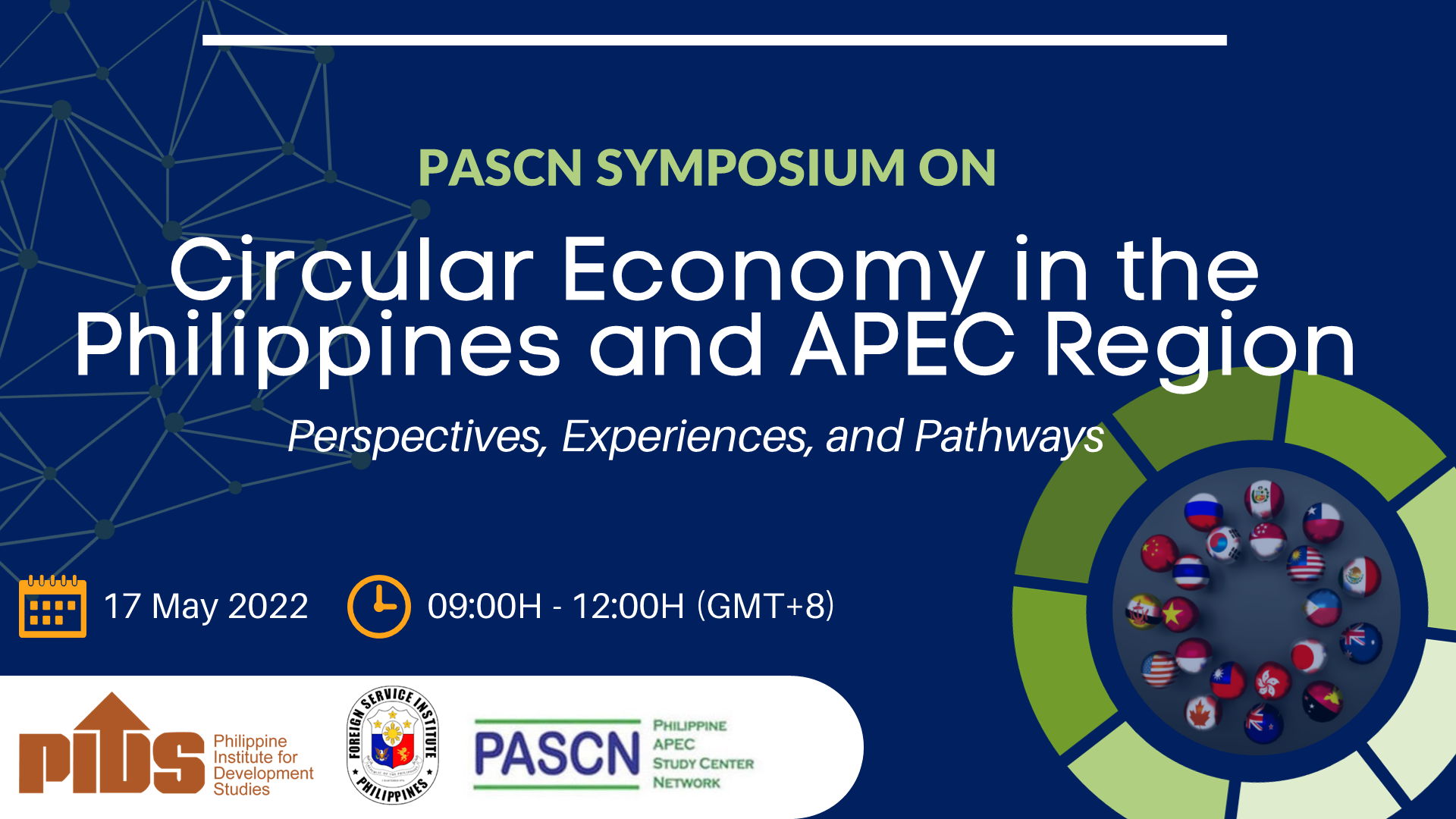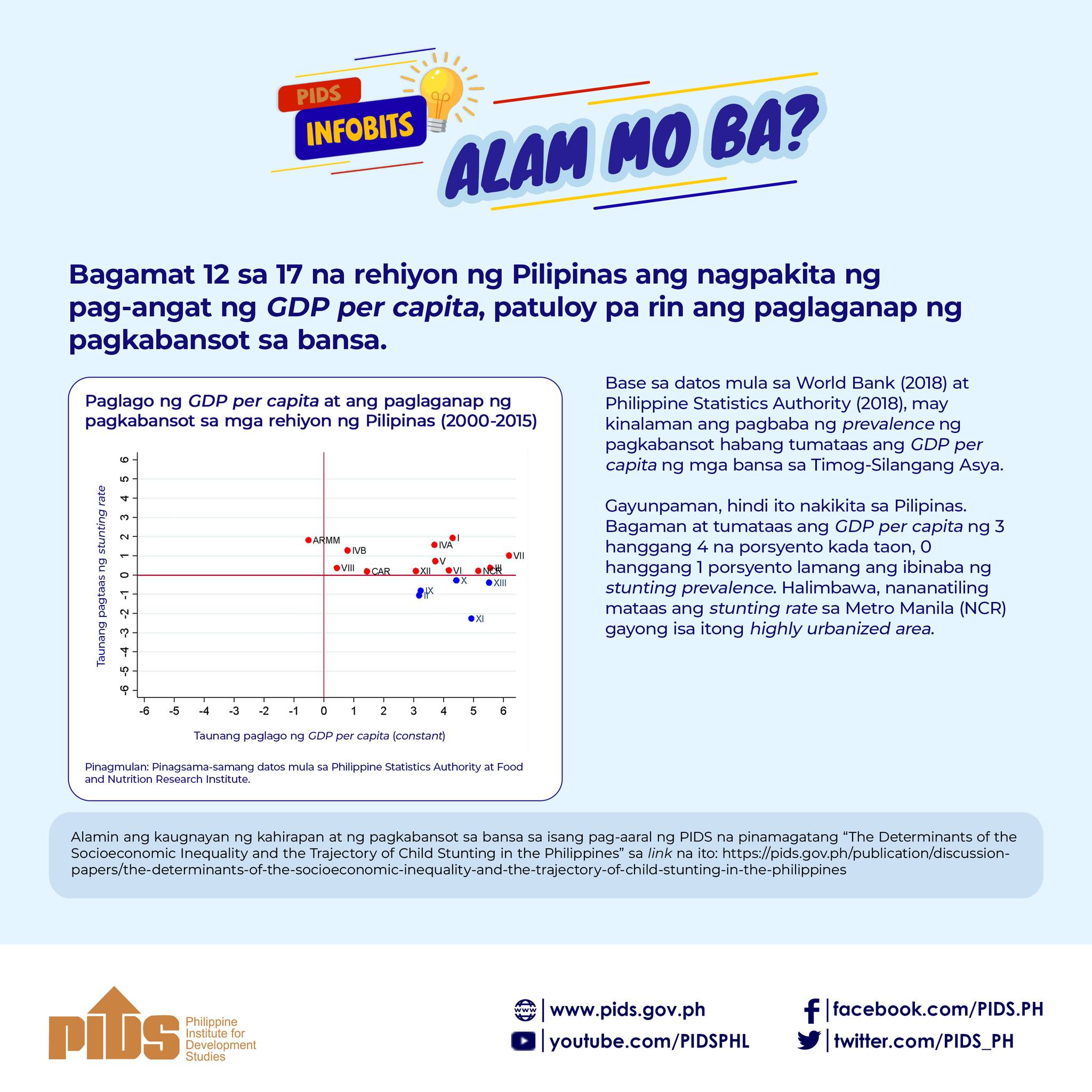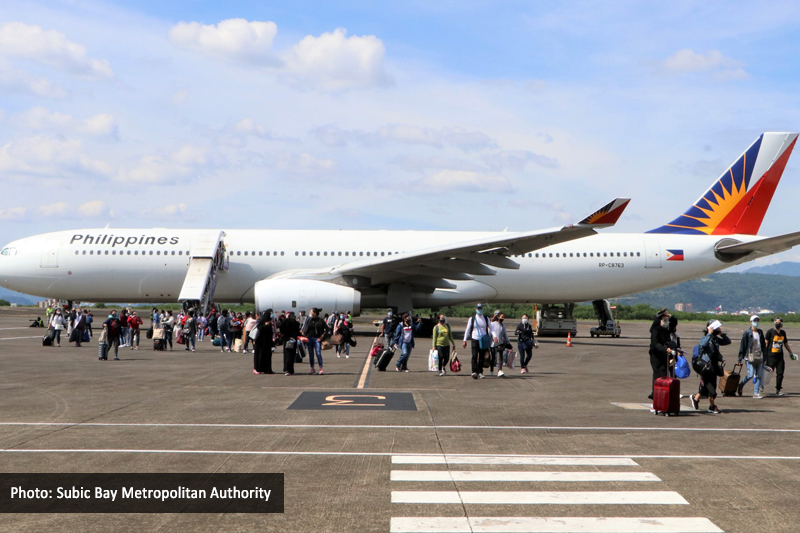
A study by the Philippine Institute for Development Studies (PIDS) revealed that labor emigration, remittances, and foreign direct investment (FDI) flows are not inclusive because they seem to worsen the situation in agriculture. Empirical evidence shows that although labor emigration increases employment in the capital-intensive sector of manufacturing, it reduces employment and production in agriculture.
The above insights were articulated from a public webinar that featured the study titled “Inclusivity of Factor Flows in a Labor-Surplus Economy: Experience of the Philippines” authored by Dr. John Paolo Rivera, OIC Executive Director of the Asian Institute of Management’s Dr. Andrew L. Tan Center for Tourism, and Dr. Tereso Tullao, Jr., Fellow and Professor Emeritus of Economics at De La Salle University.
The expectation was that emigration would create space for unemployed Filipinos to fill the gaps left behind. However, findings suggest that this has not been the case, explained Tullao who presented the study.
It was noted that the presence of remittances from labor emigrants has led to a noticeable rise in the reservation wage or the lowest wage a worker would be willing to accept for a particular type of job. This means fewer people are willing to work in labor-intensive sectors, which usually pay less. “The data suggests a trend where FDI favors the capital-intensive sector over the labor-intensive one,” Tullao said. This underscores the need for policy interventions that address these imbalances and promote inclusive growth.
Reacting to the presentation, Professor Michael Angelo Cortez of Ritsumeikan Asia Pacific University manifested that education and other forms of certification would enable inclusivity. This can address the need for specialized skills and qualifications to facilitate labor mobility. He also emphasized the importance of categorizing the skill sets of emigrants to understand how they impact labor-intensive and capital-intensive sectors.
Strategic investments in human capital development to cultivate a more skilled workforce and targeted support programs to bolster the agricultural sector were also recommended. By prioritizing investments in people, individuals can harness opportunities stemming from FDIs. Such investments serve as potent tools for driving economic growth and development as they facilitate the infusion of capital and technology into specific firms, thereby enhancing their productivity and competitiveness.
Tullao encouraged the recipients of foreign remittances to allocate a lower proportion of their money for consumption, and instead focus more on savings and investment. Strengthening social security, implementing government-backed investment schemes like provident funds, and promoting housing programs can also help mobilize remittances towards productive uses through savings and investment, he added. These responses could yield significant economic benefits such as increasing labor supply, mitigating employment decline, and boosting production.
By aligning policies to attract more FDIs and encourage the productive use of remittances, policymakers can create a more balanced and sustainable environment that benefits both the capital and labor-intensive sectors in the country. Development strategies that rely on FDI and remittances can also be recalibrated and made sufficient to promote inclusive growth.
Watch the webinar at https://bit.ly/pidslive052224. ###


